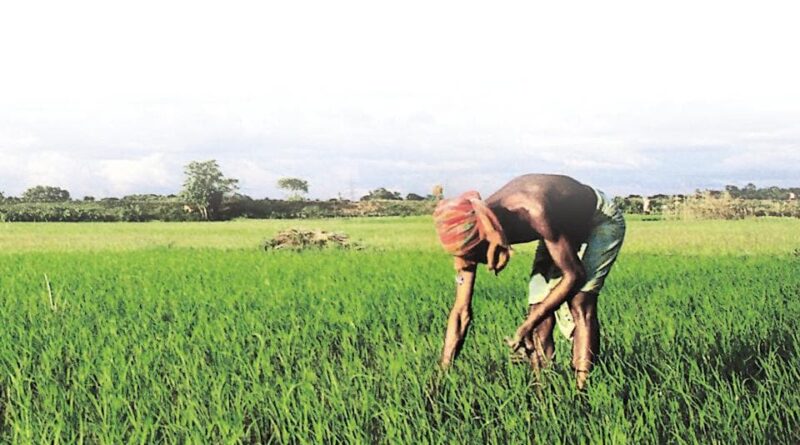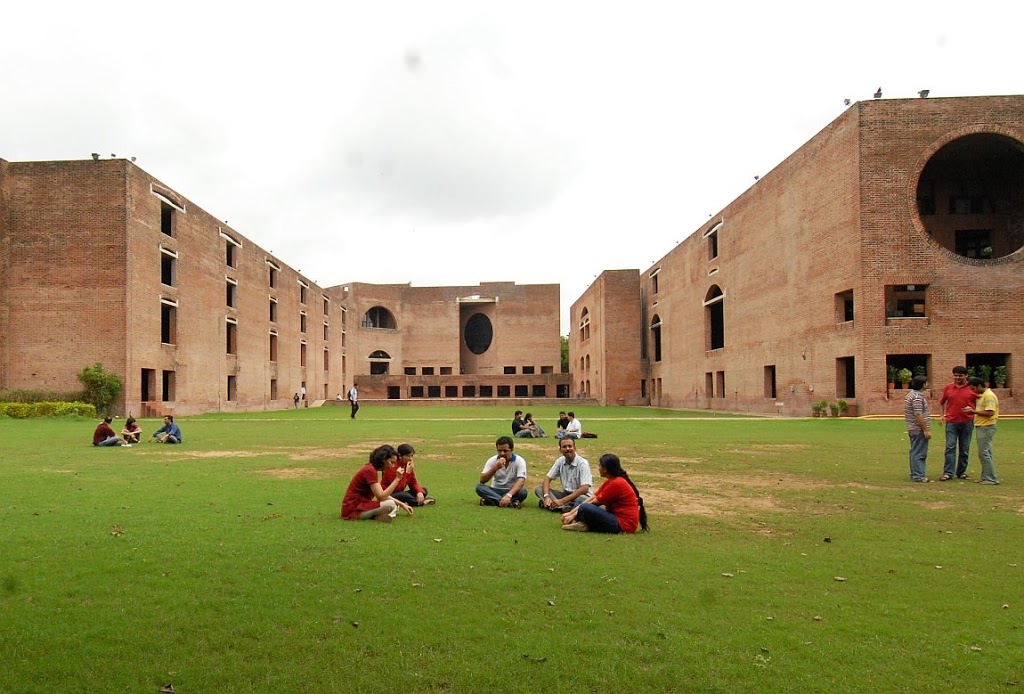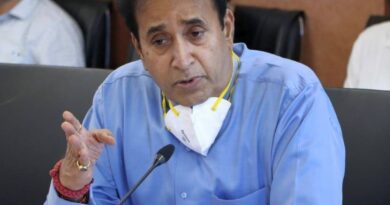TDP demands immediate release of farm input subsidy
TDP demands immediate release of farm input subsidy
The party will stage protests on July 5 in front of the Mandal Revenue Offices and on July 7 outside the Revenue Divisional Offices to exert pressure on the government to release the input subsidy without further delay.
The Telugu Desam Party (TDP) demanded that the government should immediately release the input subsidy due for 2018 and 2020 Kharif seasons so that farmers in arid regions such as Rayalaseema could buy seeds for the 2021 Kharif and begin the sowing operations.
The party will stage protests on July 5 in front of the Mandal Revenue Offices and on July 7 outside the Revenue Divisional Offices to exert pressure on the government to release the input subsidy without further delay.
At a press conference in Anantapur on Saturday, TDP leaders Kalava Srinivasulu and B.K. Parthasarathy questioned the delay in paying the ₹930 crore input subsidy for 2018 Kharif, and pointed out that Chief Minister Y.S. Jagan Mohan Reddy had made an announcement in the Assembly that the dues would be cleared, but to no avail.
Citing the low offtake of the subsidised groundnut seeds in Anantapur district this season, Mr. Srinivasulu said that in view of the drastic reduction in the yield in 2020 Kharif due to unprecedented rains, about six lakh farmers had lost more than ₹2,500 crore but not a single paisa has been paid into their accounts, resulting in the lack of sufficient funds even to buy seeds.
During the TDP rule, N. Chandrababu Naidu had paid ₹1,126 crore input subsidy for 2016 and also for 2014 crop loss in Anantapur district due to drought, and for the 2018 Kharif estimates, the loss was estimated to be ₹963 crore.
Meanwhile, elections came and those estimates were revised downward to ₹930 crore but even that amount was not paid, Mr. Srinivasulu alleged.
Mr. Parthasarathy questioned the government why it was not coming to the rescue of farmers and said that Ministers, MLAs and people’s representatives were not going to the field and were not speaking a word about the failure in implementing drip irrigation projects in the last two years.



